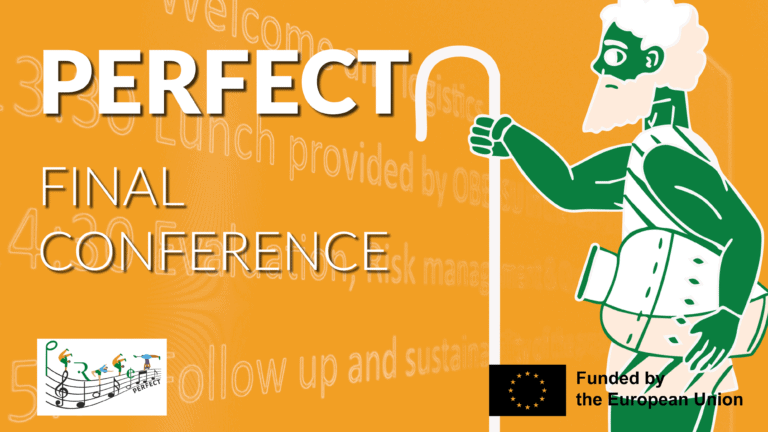We wish we had the chance to share the opinion of parents on mobility at the event jointly organised by the European Parliament and European Commission.
Based on our survey among parents, taken at the time of the half-time evaluation of the Erasmus+ program, parents wanted to see the mobility grants to be reduced, as they thought it is not an effective way of spending public money. However, in general, they would welcome increasing the Erasmus+ budget, if it is spent in a more effective way.
It also came out very clearly of the survey, that parents feel that in this form the mobility program does not turn out for the benefit of their children, as almost every child loses a semester, as even if there is an agreement between the sending and receiving universities, the children can only register for a very limited amount of courses, and the credits earned are very often not accepted at the sending university. In this form it is more a fun, language learning trip at best for students, coming from wealthier families, as the financial support is not enough for covering the expenses. While the Erasmus+ mobility is now very well known, the parents are not happy with it, as it is very expensive for them and they do not see the educational benefits.
Based on the experiences in the Erasmus+ program offered by university students, we call for learning from the lessons. Parents should be actively involved in creating the mobility program for VET students, in order to create an offer, that is available for not only the wealthy families and has educational value. The financial support should be high enough to cover all costs. There should be possibilities for all students to get free language education, that enables them to be mobile.
At the event, there were some suggestions on first sending the apprentices for only a short time abroad. We strongly oppose it knowing how dissatisfied parents are at the moment, and we would rather aim for paying more attention to preparation.
Once the program is created by channeling in the opinion and input of parents as well, it also needs to be advertised to parents as well, not only to the students. Stichting Parents Alliance would be happy to help in the engagement of parents, and make mobility programmes more inclusive and ensure good learning outcomes of these activities. Parents should not only be involved in general, but also on the level of every single pupil and student.
IPA already made a pledge, we are ready to:
- develop, pilot and offer a practical training on the implementation of the Parental Engagement Guidelines in VET and Apprenticeships published in the first months of 2018;
- develop and make contact methodology available for VET and apprenticeship providers to ensure getting parents on board at the enrolment stage in order to build a basis for parental engagement;
- collect and share testimonials from parents of VET students and apprentices and people who changed from academic to VET pathways in order to highlight the benefits of such pathways.
Parents are the main decision makers, and as per the United Nations Convention on the Rights of the Child, they have the sole responsibility of education of their children under 18. Therefore, first the parents need to be convinced about the value and opportunities in VET.
In order to work for the best interest of their children, they need information, presented in a structured, understandable and convincing way. Parents need to have support from the early age of the child, so they can parent them in an open way, teaching them mobility, and the value of VET.
Education and training systems should be providing equitable learning environments for all children/young people and their parents, a free and informed choice for parents of the education of their children. This choice should never be restricted by the financial capacity of the family.
At most families, the goal is upwards mobility, and often the children are pressured to go to university, even when their interests or skills would suggest otherwise, stakeholders should work on making VET more attractive. This should be done, by involving the parents, so their concerns, questions and criticism is integrated and used in the development procedures. Parents with VET education, young people participating in VET or their parents can provide guidance for families of young people before making a decision on their education and be a great source of feedback on VET.

